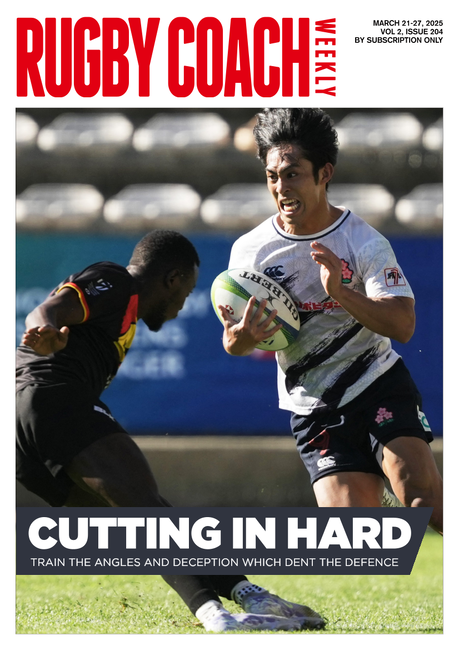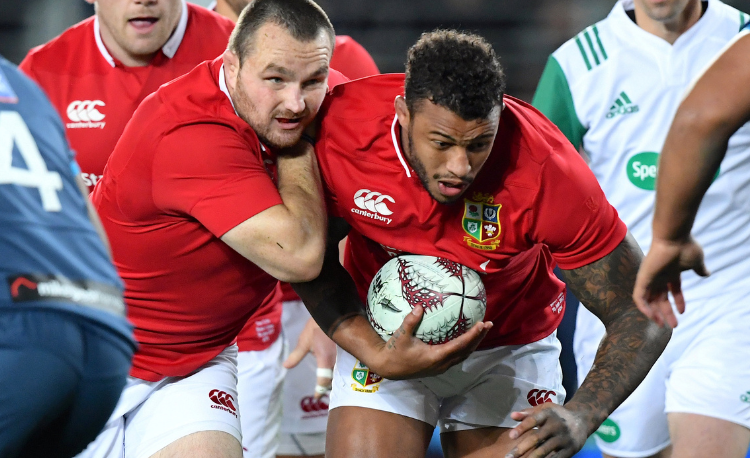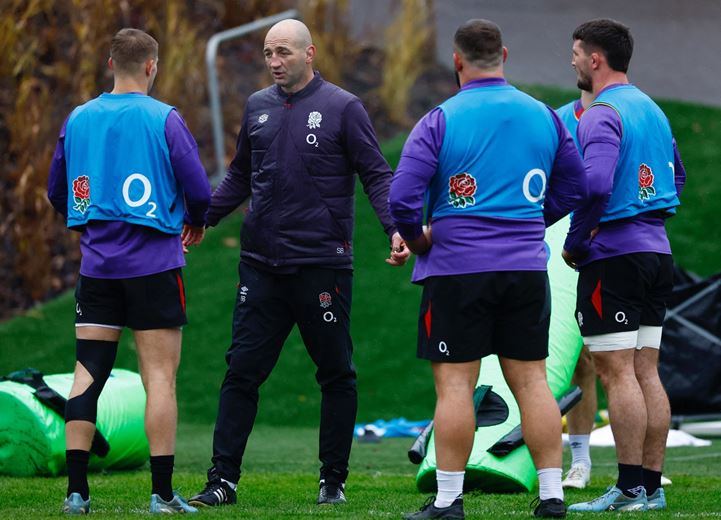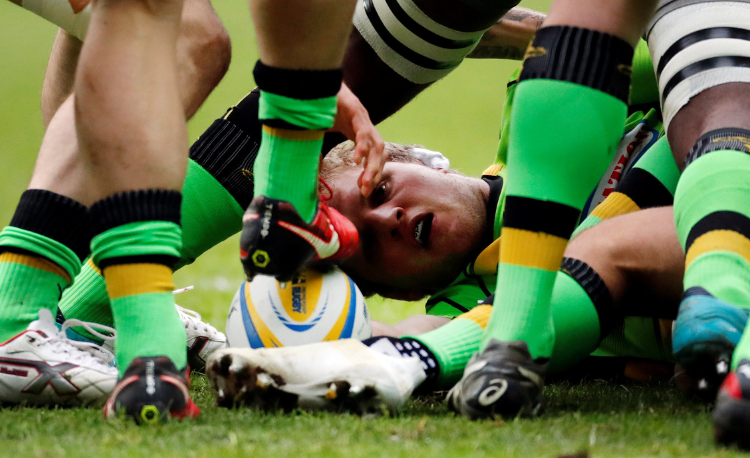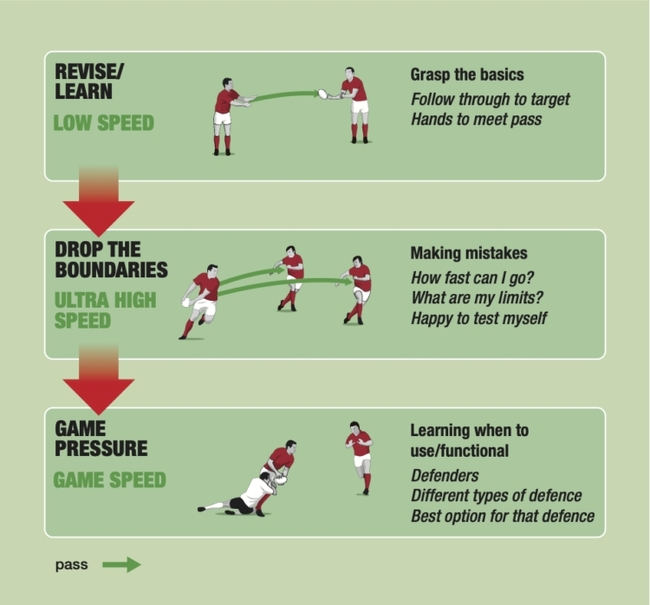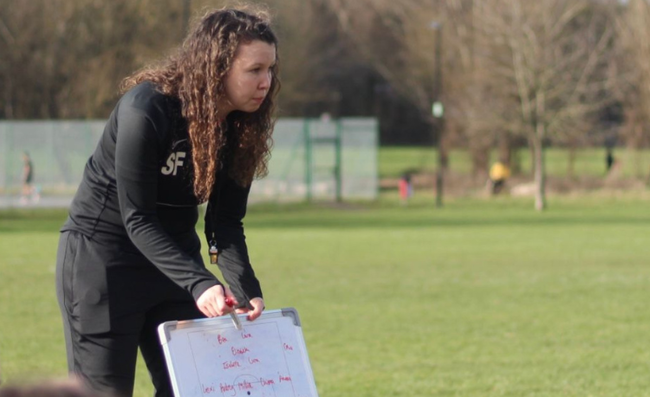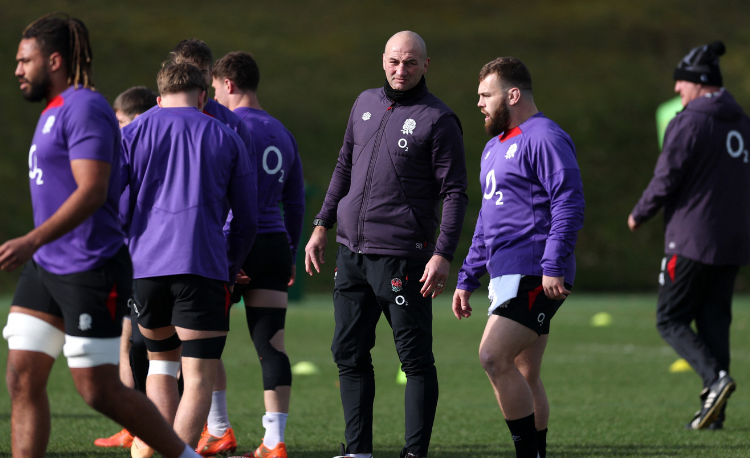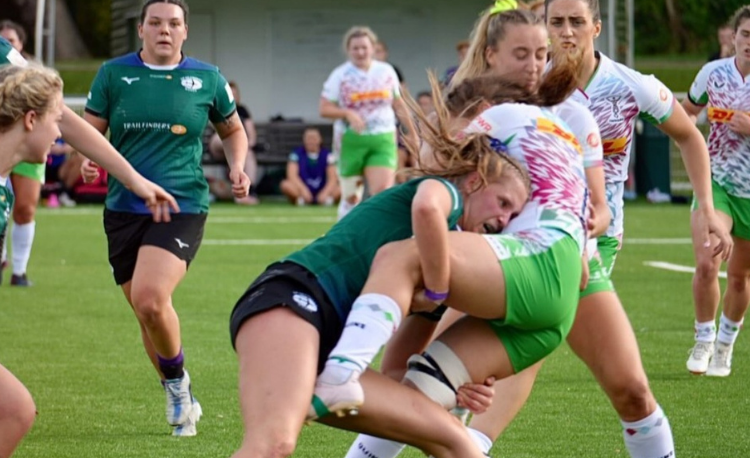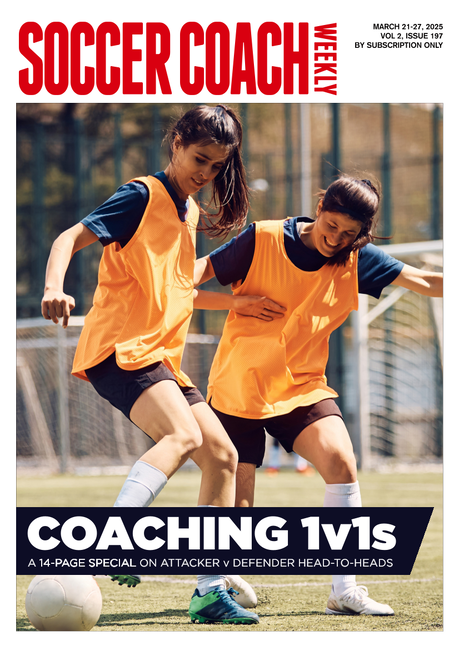Transforming parents from obstacles to allies, with J.P. Nerbun
Dan Cottrell chats to author and coach, J.P. Nerbun about his latest book, The Sports Parent Solution, Proven Strategies for Transforming Parents from Obstacles to Allies.
We explore how coaches can get the most out of their relationships with parents. Sometimes they are super-supportive, and sometimes not!
How do you get them onside to start with, speak to them, involve them and make them part of everyone’s journey.
We talk about the ways to have difficult conversations, how to build your value offering and chances to show leadership.
J.P., as always, offers lots of evidence from either his own experience or from experts around this space.
He has written three books:
Calling Up: Discovering Your Journey to Transformational Leadership
The Culture System: A Proven Process for Creating an Extraordinary Team Culture
The Sports Parent Solution, Proven Strategies for Transforming Parents from Obstacles to Allies
He is host of the The Coaching Culture podcast.Dan Cottrell chats to author and coach, J.P. Nerbun about his latest book, The Sports Parent Solution, Proven Strategies for Transforming Parents from Obstacles to Allies.
---
Here are some key points around care and involvement.
-
Mindset of Care: Coaching isn’t just about performance; it’s about genuinely caring for the individuals on the team. This involves shifting one’s mindset to view players as individuals who might be facing challenges rather than merely seeing them as problems hindering the team’s success.
-
Demonstrating Care: Genuine care translates into actionable behaviours. For instance, coaches can allocate dedicated time for one-on-one interactions, ask questions, and check in with athletes and their families. These interactions go beyond just discussing performance but delve into understanding personal challenges and needs.
-
Involvement of Parents: Recognising that parents are essential stakeholders, especially in youth sports, coaches should involve them actively. This includes building relationships with parents, inviting them to team events like practices or meals, and co-creating standards for the program. The goal is to align parents with the program’s vision and make them feel a part of the team’s journey.
-
Shared Responsibility: While the head coach plays a central role, effective care is decentralised. Coaches can empower their staff and create leadership groups within teams. This approach spreads the responsibility of care, ensuring that it’s not solely reliant on one individual but becomes ingrained within the team’s culture.
Genuine care is foundational in coaching. It requires intentional actions, involvement of stakeholders like parents, and a collective responsibility approach to nurturing individuals both as players and as people.
---
Having difficult conversations
-
Challenge of Difficult Conversations: Starting conversations, especially those involving potential conflicts, is challenging. This is because of the vulnerability, uncertainty, and the brain’s preference for certainty and control.
-
Need for Timely Conversations: Procrastinating on challenging conversations can make situations worse. Addressing issues promptly can prevent escalation.
-
Building Relationships: Prior to engaging in difficult conversations, it’s essential to have built a relationship. This involves knowing and understanding the individual, communicating program standards, and fostering partnerships.
-
Effective Communication Steps:
- Listen Actively: Begin by asking open-ended and non-leading questions to understand the other party’s perspective.
- Share Your Perspective: Offer your observations, assessments, and facts about the situation.
- Re-establish Partnership: Conclude by reaffirming the commitment to work together and discuss future steps.
-
Acknowledging Mistakes: While it’s essential to admit mistakes, there’s a balance. Continually apologising might undermine authority. It’s crucial to uphold principles while acknowledging areas for improvement.
-
Effective Mass Communication: In the era of abundant electronic communication, it’s vital to strike a balance between mass communication (like weekly updates) and personal, meaningful interactions.
-
Setting Boundaries: Enforcing boundaries is essential but should be approached with tact. It’s crucial to have a clear understanding of what’s acceptable and communicate those expectations transparently.
-
Involving Parents: Engaging parents positively can enhance the athlete’s experience. Activities like parent-practice days or appreciation weeks can foster better relationships and understanding.
Newsletter Sign Up
Coaches Testimonials

Gerald Kearney, Downtown Las Vegas Soccer Club

Paul Butler, Florida, USA

Rick Shields, Springboro, USA

Tony Green, Pierrefonds Titans, Quebec, Canada
Subscribe Today
Be a more effective, more successful rugby coach
In a recent survey 89% of subscribers said Rugby Coach Weekly makes them more confident, 91% said Rugby Coach Weekly makes them a more effective coach and 93% said Rugby Coach Weekly makes them more inspired.
Get Weekly Inspiration
All the latest techniques and approaches
Rugby Coach Weekly offers proven and easy to use rugby drills, coaching sessions, practice plans, small-sided games, warm-ups, training tips and advice.
We've been at the cutting edge of rugby coaching since we launched in 2005, creating resources for the grassroots youth coach, following best practice from around the world and insights from the professional game.


